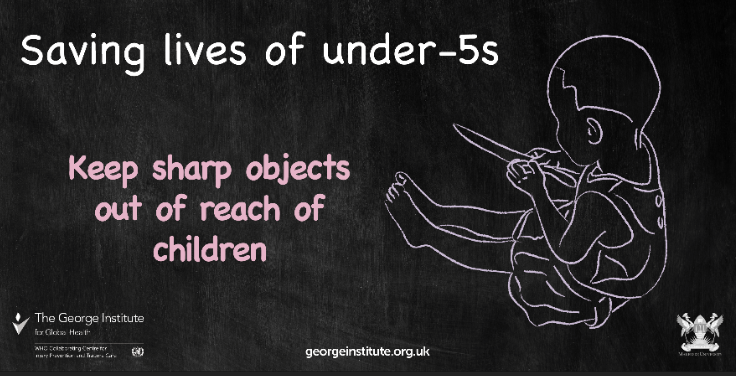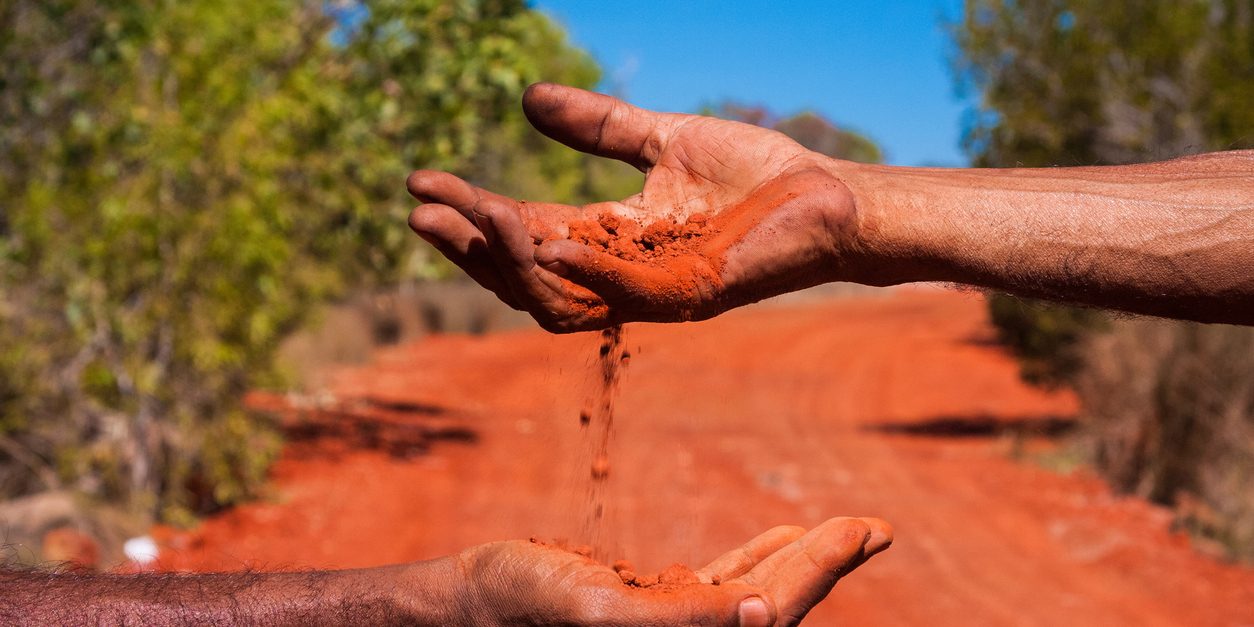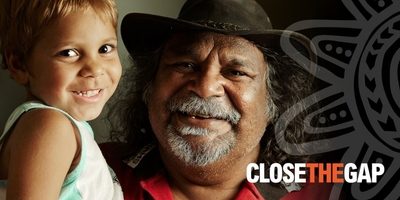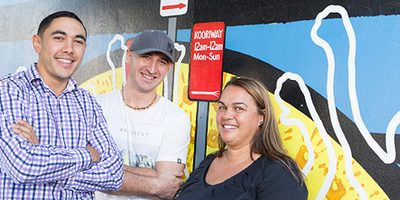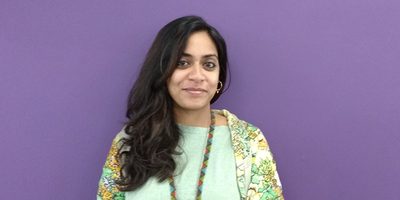The launch of the Closing the Gap Implementation Plan by the Commonwealth Government last week is a positive start but needs to go further to achieve real impact for Aboriginal and Torres Strait Islander people and communities.
Dr. Julieann Coombes, Research Fellow in the Aboriginal and Torres Strait Islander Health Program at The George Institute for Global Health says the lack of transparency in implementation, inadequate community consultation, and delivery timelines have long been highlighted as key barriers to addressing system-wide inequity in Australia
“To address these barriers and support the Close the Gap Agreement, it is crucial the Commonwealth Government urgently releases committed funding,” Dr. Coombes said.
“While we welcome the intention of the Implementation Plan is to take a whole-of-government approach, the $1 billion commitment across 10 years does not go far enough, quick enough to close the gap. Certain commitments – such as the commitment to provide an additional $254.4 million towards infrastructure for Aboriginal Community Controlled Health Organisations – is heartening, but given the COVID-19 pandemic, this funding over 10 years will not be enough and needs to go further to support the work these essential services provide is the short-term.
Beyond funding commitments, it is crucial that First Nations people of Australia have the voice, opportunity and the resources to self-determine their community priorities and outcomes. A Makarata Commission, as part of the Uluru Statement from the Heart, is central to this process, but is once again denied.
“The ramifications for not redressing the past prevents reconciliation and will continue to impact future generations of First Nations children.
Our children are alienated from their families at unprecedented rates. This cannot be because we have no love for them. And our youth languish in detention in obscene numbers. They should be our hope for the future – Uluru Statement from the Heart
“The rate of increase in out-of-home care cases means the current closing the gap targets will not be met by 2031 and a whole generation will have passed. While annual reporting will provide a clearer picture of out-of-home care cases, it does not address children being removed from their families. Action is urgently needed to reduce cases of out-of-home care as a priority.
“While the Implementation Plan includes significant investments into the preservation of language, additional funding and resources need to be targeted to support and strengthen families and communities sooner rather than later, where cultural practices of language and lore are passed to our children. This will in turn strengthen the social and cultural determinants of health and wellbeing, providing hope for First Nations peoples’ future,” Dr. Coombs said.
To read more about the Closing the Gap indicators and targets, click here to read commentary by our Distinguished Fellow and CEO of the Lowitja Institute, Dr. Janine Mohamed.



